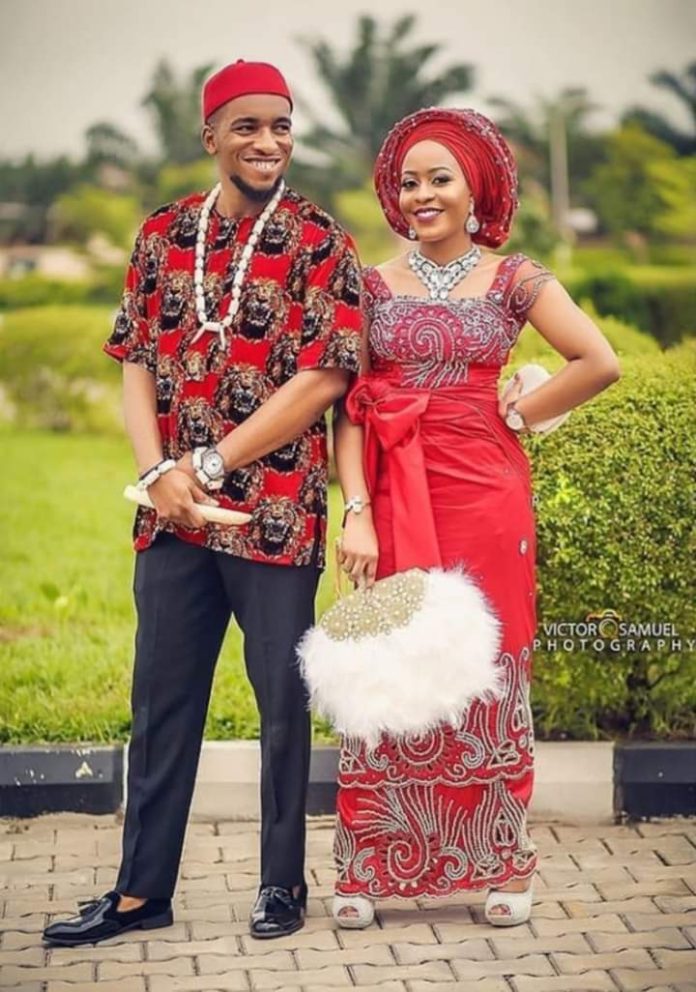Fr Angelo Chidi Unegbu (29.01.2022)
Putting on an Isiagu dress, red cap, holding a local fan or even an Ikenga alone, does not make one a traditional person. Living in a mud house, performing a traditional wedding, naming ceremony or joining a masquerade group alone, does not make one a traditional person either. The main questions are: do you know the reasons behind those acts/ behaviour? Do you know the values they carry? Do you know that every culture or tradition tells a story, gives a direction or sounds a warning? Do you know the story, direction, warning and values behind the culture you are practicing today? Do not forget that customs/ cultures are not arbitrary. They are not done for doing sake. Culture does not simply mean a return to antiquities. It is not just about going back to the past. Even when we need to look into the past, the aim is to retrieve values that build the community and not to live in the past. The Chinese, Europeans and many others seem to have understood this very well. Our forefathers did not live in the past of their own ancestors. They rather improved on the past of their ancestors and made sure that the storyline was not broken. They were open to changes. They willingly borrowed traditions of their neighbours that they found useful. Some celebrations or groups like Ekpe cult or some food we have today like rice, cassava, beans, tomatoes, onions and so on were not there from the beginning. They were borrowed and indigenized. It is no longer a secret that some of our ancestors willingly accepted Christianity and Western education. We do not fight for the restoration of culture so as to remain in the past. Not at all. We do that in order to restore our core values and storylines so that we may base our growth on the achivements of our forebears; because it is only by so doing that we can achieve an organic, a stable and meaningful growth.








